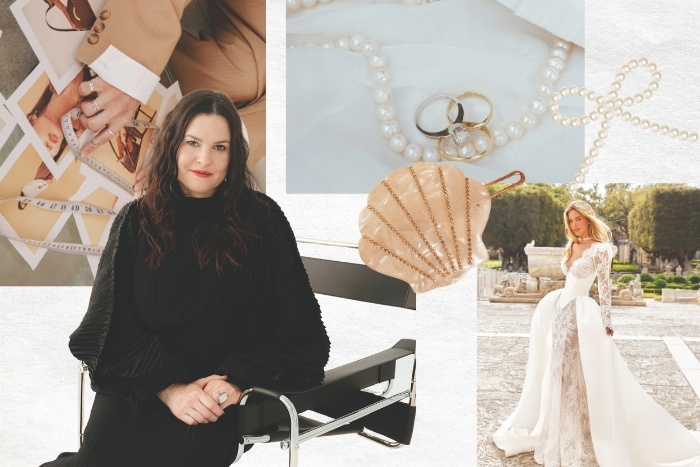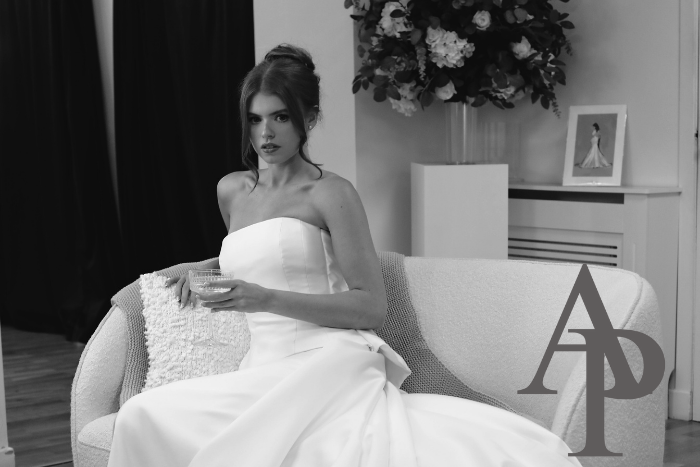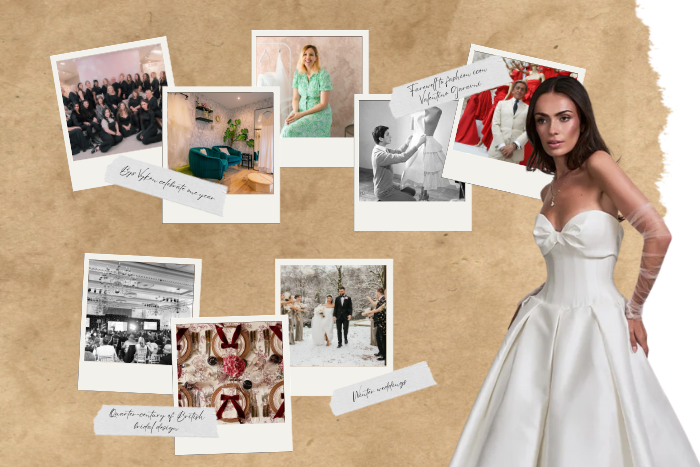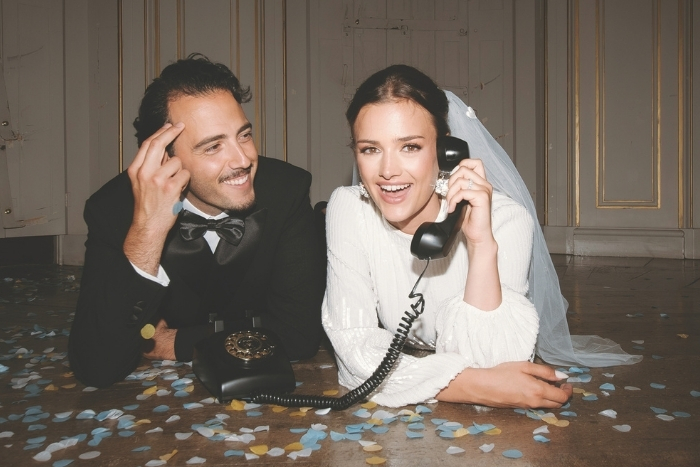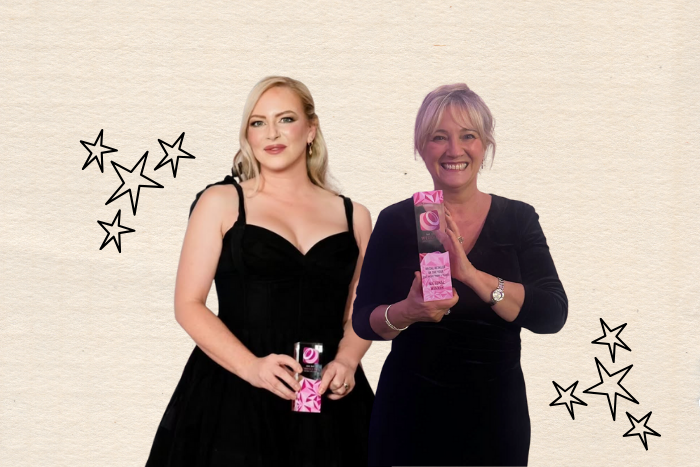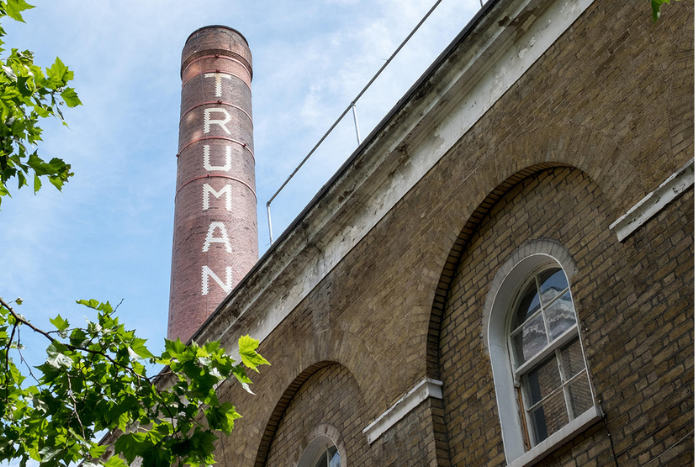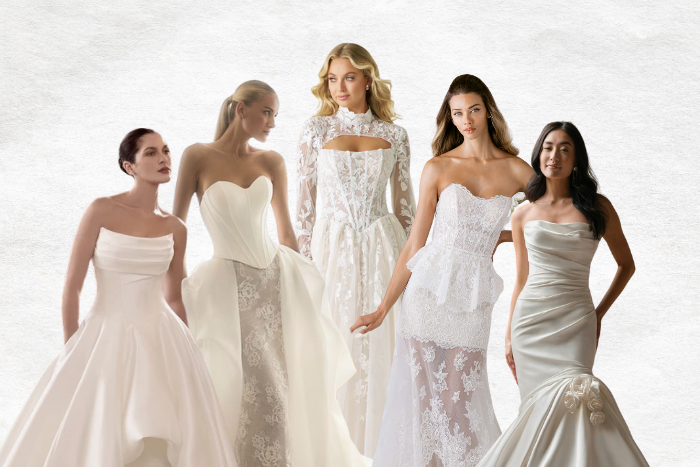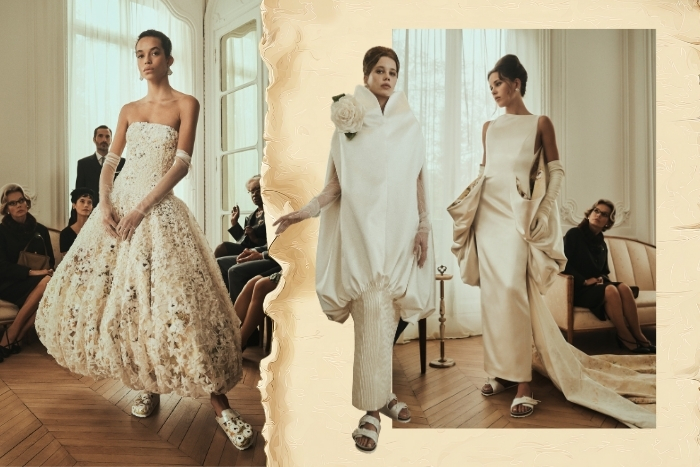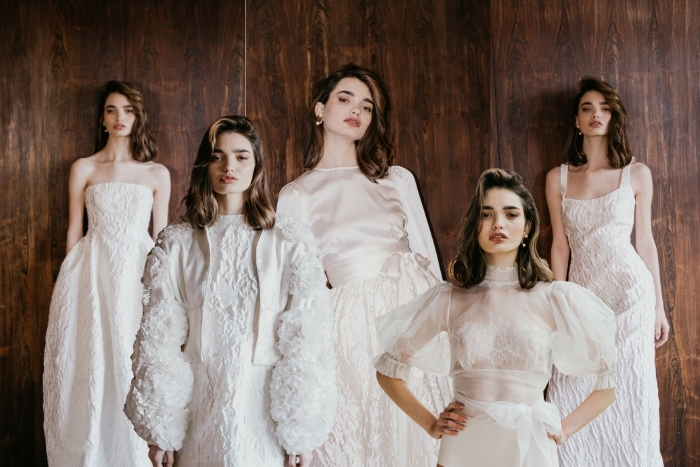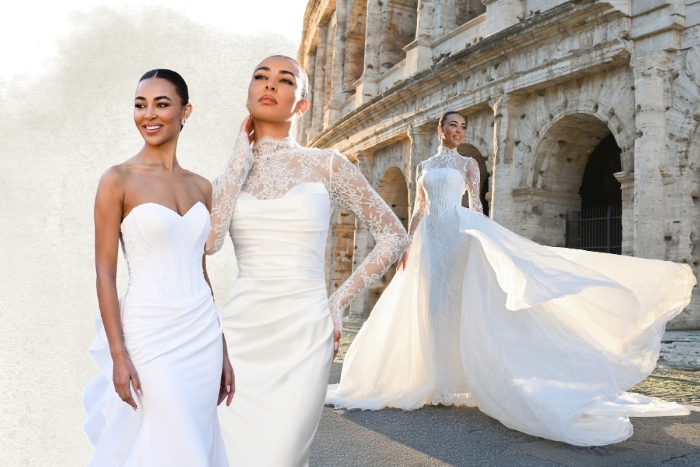Wedding Law Reforms: What They Could Mean for Bridal Fashion
The biggest change to wedding law for England and Wales is set to take place; here is what you need to know and what this could mean for your brides, your business and wedding fashion
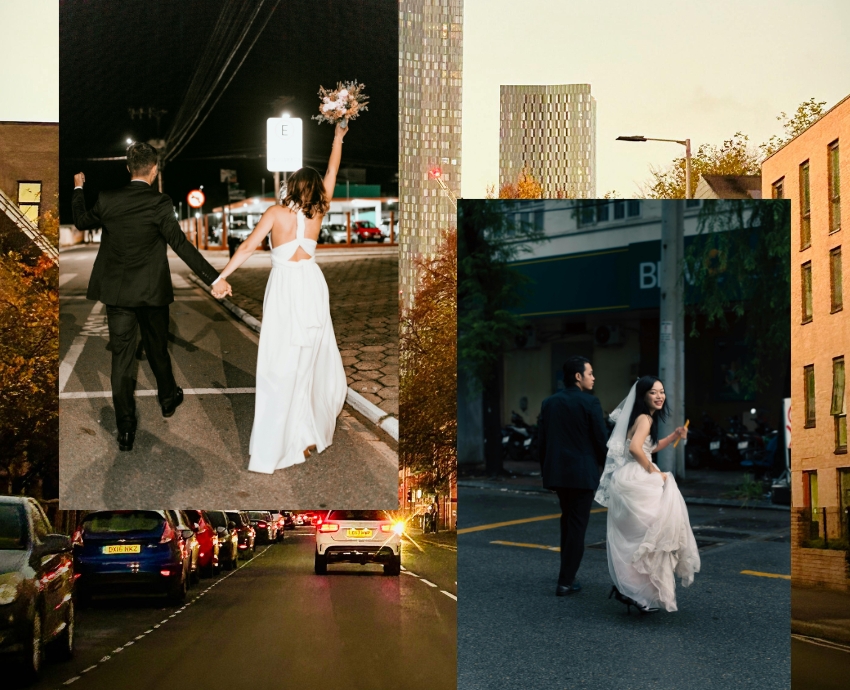
The UK government has announced the biggest overhaul of wedding law in England and Wales since the 19th century, and it is set to change the way couples plan, celebrate and even dress for their big day.
“Currently, weddings can only take place in licensed buildings, such as registry offices, churches or approved venues – but this is set to change,” says Bridal Week’s director, Alex Butler. “These wedding law reforms represent a huge step forward, not just for couples, but for the entire bridal industry. By allowing weddings to take place in a much wider range of settings, we’re going to see an incredible variety of celebrations.”
Removing Barriers, Increasing Options
Under the new proposals, the legal focus would shift away from the building itself and onto the officiant conducting the ceremony. If introduced, the reforms could see couples tying the knot on beaches, in gardens, at heritage sites and even at private homes – creating a new wave of possibilities for more personalised, meaningful celebrations. “Weddings are about to open up in England and Wales, and that’s huge news,” says Zoe Burke, Editor of hitched.co.uk. “This reform potentially offers couples who may not have wanted a traditional wedding more opportunities to have a celebration suited to them – and with that comes several sartorial options. We will see couples going for unconventional choices to suit unconventional settings, as well as nearlyweds opting for multiple outfits to serve ceremonies and separate celebrations.”
The proposed wedding law reforms would also recognise a broader range of religious ceremonies, including Sikh, Muslim, Buddhist and Hindu weddings, and for the first time, legally recognise Humanist ceremonies. Beyond offering freedom of choice, the government predicts the reforms could boost the wedding sector by around £535 million over the next decade, creating up to 12,000 new jobs and supporting 1,800 additional businesses.
Wedding Law Reforms: New Settings
With the emphasis moving away from licensed venues, the spectrum of possible wedding locations becomes far more diverse. Couples could soon say “I do” on a windswept beach, beneath the arches of a heritage castle, or in the intimacy of a private garden. The result? A new demand for wedding experiences that reflect personality, setting and even season. Naturally, that will spill over into what brides choose to wear. We could see an increase in:
- Outdoor and UK destination-inspired celebrations: there might be demand for more light, breathable fabrics and relaxed silhouettes.
- Micro weddings and elopements: these may call for simple, elegant gowns and minimalist tailoring.
- Cultural fusion ceremonies: blending traditional and contemporary styles through accessories, embellishment and colour.
- Multi-day celebrations: with distinct looks for legal, religious and social elements of the wedding.
A New Fashion Era
For bridal fashion professionals, the wedding law reforms could herald one of the most exciting creative periods in recent memory. The industry has already seen the rise of the second look, the after-party mini, and the resurgence of separates and accessories, and this new flexibility may accelerate those trends even further.
“By making it easier for people to get married in the first place, these changes have the potential to give the wedding sector one of its biggest boosts in years,” Anna-Marie DeSouza, Editor of Bridal Buyer, explains. “More flexibility means more couples will be able to plan the day they truly want, and that will ripple through every part of the industry, from venues and celebrants to dressmakers and retailers. The shift towards more personal, expressive weddings will open up opportunities for multiple looks, more outfit changes and innovative bridal styling. Brides want comfort, authenticity and the ability to reflect their personality through details – from statement accessories to adaptable designs that move with them throughout the day.”
As the boundaries of what a wedding looks like continue to expand, so too will the interpretation of ‘bridal.’ Designers are already exploring lighter materials, layering techniques and modular pieces that allow brides to build their look throughout the day. Retailers are also expected to lean further into styling services and accessories that help clients adapt their outfit for every stage of the celebration.
“That freedom naturally extends to fashion, too,” says Alex Butler. “Brides will start to look for styles that suit different venues, settings and moods, and this could be anything from statement after-party looks, lightweight gowns that are easy to wear in outdoor settings, warmer capes and accessories – even coats – to make up for the Great British weather, and so much more. It’s going to inspire designers, retailers and boutiques to think more creatively about how they cater to this new era of weddings.”
Words Anna-Marie DeSouza
